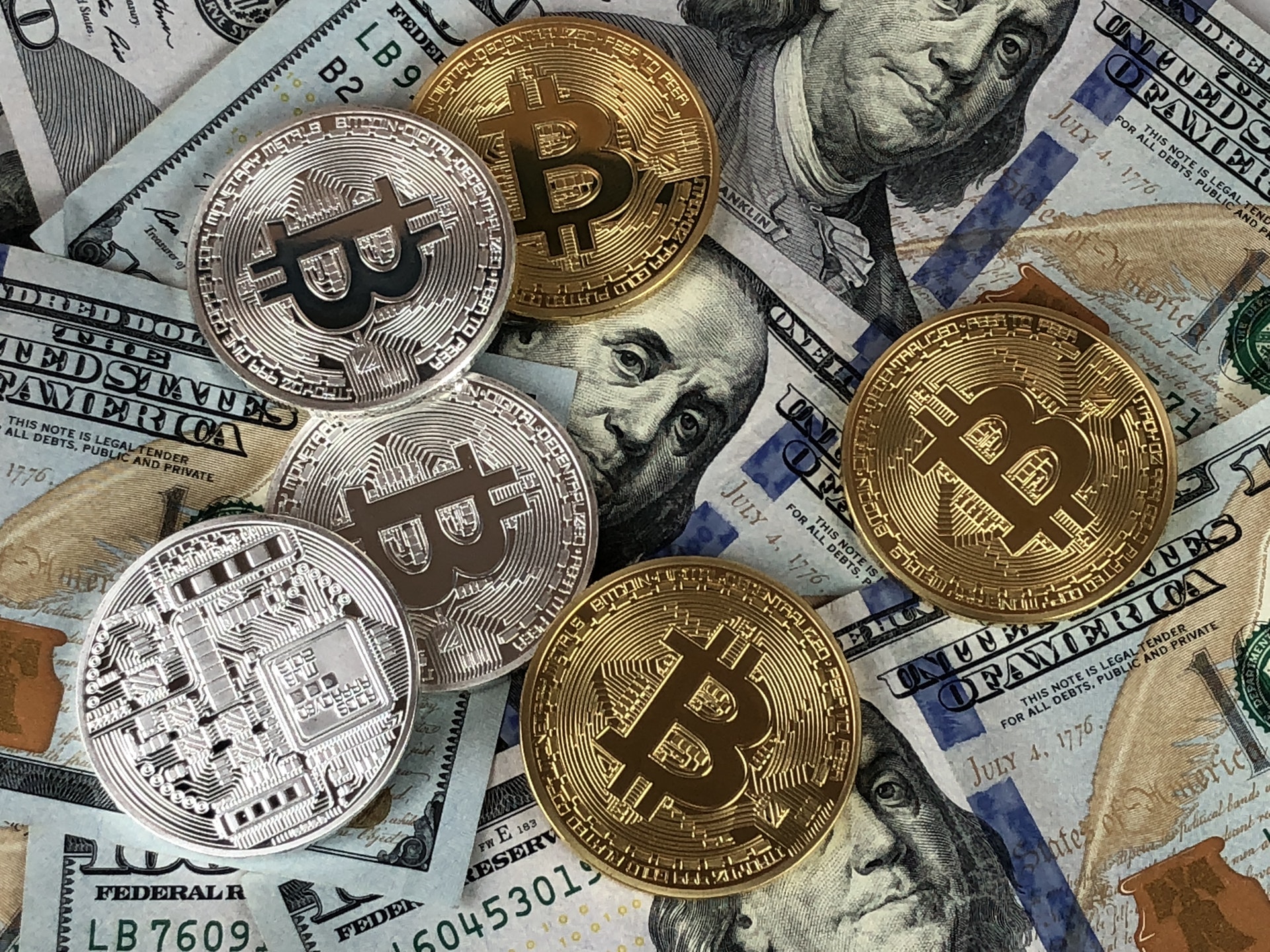
What Is a Cryptocurrency?
The clue is really in the name here. First and foremost, a cryptocurrency is a currency; it has the potential to be traded for other items of value like other cryptocurrencies, traditional fiat currencies like pounds and dollars, or even directly for goods and services. The crypto prefix, meanwhile, refers to the fact that all cryptocurrencies rely on cryptography for their production and trade. In a modern and simple sense, cryptography involves the application of computers and highly complex mathematical algorithms to secure data.
A cryptocurrency differs from traditional, government-backed currencies in many ways. Firstly, it is entirely digital. While the vast majority of today's transactions also exist solely in the digital realm, fiat currencies still typically have a physical means of exchange (coins and notes). In this digital age, however, physical tokens are not necessary for trade, and most of us make numerous purely digital transactions per day. There are in fact nowhere near enough pound coins and notes to cover the total pounds that exist in digital bank accounts; cryptocurrencies simply do away with physical tokens entirely.

With a peer-to-peer structure, cryptocurrencies are also inherently decentralised. This means there is no central bank, authority, or government (i.e. Bank of England, Federal Reserve, etc.) that's able to control how and when new units are created. In turn, this means there are no special agents acting on behalf of a central power (i.e. commercial banks) tasked with processing and verifying transactions. Instead, unit creation is dictated essentially by open-source code, while transactions are verified by computational power and network majority – see over the page for more on blockchain technology, which is what makes this possible.
There are myriad consequences to this inherent structure of cryptocurrencies that further differentiate them from traditional currencies. Some of the main ones are: pseudonymous transactions that are visible to all, very fast and very cheap (typically) transactions from anywhere in the world to anywhere else, and highly deregulated markets with ill-defined and fast-changing legality as lawmakers struggle to keep pace. Essentially, it is a fascinating and endlessly complex world that seems certain to have a lasting impact on how we trade with each other. To glimpse why, we now need to understand the blockchain technology that cryptocurrencies rely on.

MSI MPG Velox 100R Chassis Review
October 14 2021 | 15:04








Want to comment? Please log in.